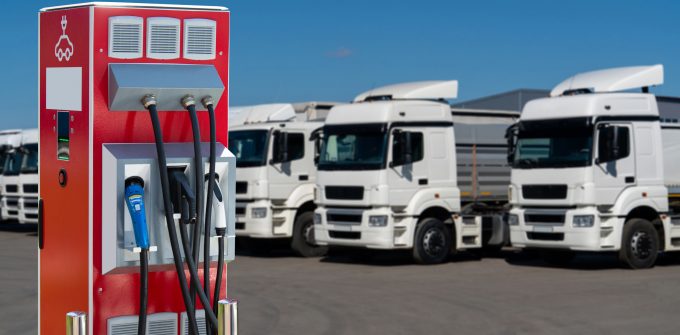Svitzer skyrockets as Mærsk family squeezes out minorities
Implications for APMM?

Following the first journey of its long-awaited Tesla Semi last week, PepsiCo, with a group of 44 other firms, including Maersk, Siemens and Unilever, has demanded sterner action from the EU on truck emissions.
The members of Climate Group, and others, sent an open letter to EC president Ursula von der Leyen, demanding stringent targets in its upcoming HDV (heavy-duty vehicle) CO2 standards, including an end to CO2 emissions from trucking in the EU from 2035, to “provide investment certainty”.
The EC ...
Asia-USEC shippers to lose 42% capacity in a surge of blanked sailings
USTR fees will lead to 'complete destabilisation' of container shipping alliances
New USTR port fees threaten shipping and global supply chains, says Cosco
Outlook for container shipping 'more uncertain now than at the onset of Covid'
Transpac container service closures mount
DHL Express suspends non-de minimis B2C parcels to US consumers
Zim ordered to pay Samsung $3.7m for 'wrongful' D&D charges
Flexport lawsuit an 'undifferentiated mass of gibberish', claims Freightmate

Comment on this article